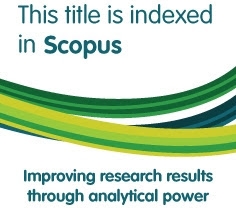The Meaning Interpreted: The Concept of Barakah in Ziarah
Abstract
This article deals with the socio-religious traditions of Javanese Muslims practicing ziarah rituals-visit to sacred tombs. Ziarah practice, especially to sacred tombs of Muslim Sufis, is regarded ibadah (pious acts). This article based on ziarah practice to Sunan Tembayat in Klaten, examines the notion of barakah (god's blessing), one of the most salient aspects of ziarah ritual, in the frame of popular beliefs. Focusing on the presence of the diverse interpretations of barakah, it evaluates changes in the way in which Javanese Muslim understand religion as reflected in their interpretation of barakah. It is argued by people who practice ziarah that barakah is the most important value of ziarab. When visitors to sacred tombs perform certain rituals, such as reciting Qur'ân, dhikr, tahlil, and meditation in their ziarah, they ask for barakah from the wali. However, people differ in the way in which they explain what the meaning of barakah. Some argue that the barakah is god's reward (pahala), transmitted through the wali. Other argues that the barakah derives from the wali, as he/she is close to God.
Full Text:
PDFDOI: https://doi.org/10.15408/sdi.v8i1.696
Refbacks
- There are currently no refbacks.

All publication by Studia Islamika are licensed under a Creative Commons Attribution-NonCommercial 4.0 International License.
Studia Islamika, ISSN: 0215-0492, e-ISSN: 2355-6145
View My Stats
